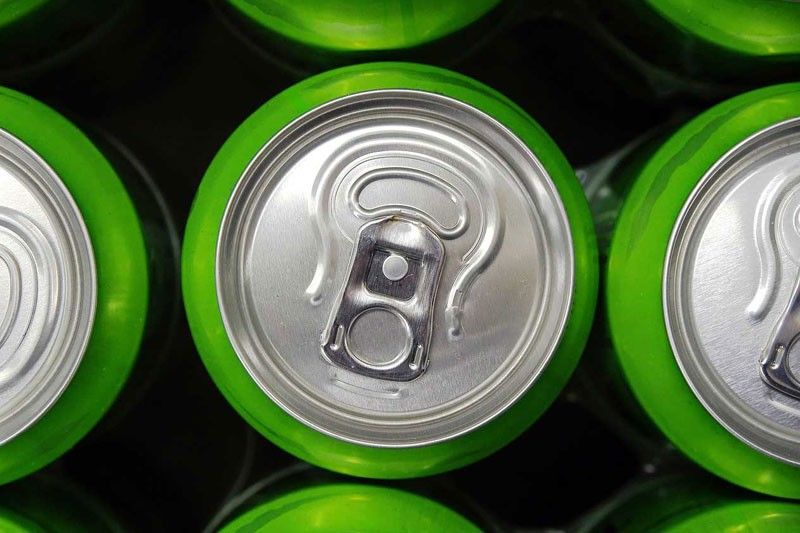Favorable beverage tax outcomes depend on ‘efficient design’ — WB

POSITIVE OUTCOMES from a sugar-sweetened beverage taxes like reduced consumption and improved health will depend on how well the tax is designed, the World Bank (WB) said.
“Sugar-sweetened beverage (SSB) taxes are an important fiscal and health policy tool since they raise tax revenue and improve health by reducing demand, as well as reduce health expenditures by alleviating the burden on the health system,” the bank said in a note.
“SSB taxes can be designed efficiently to reduce costs of over-consumption related to both negative externalities and internalities and do not generally distort other aspects of economic activity,” it added.
Last year, former Finance Secretary Benjamin E. Diokno proposed to increase the excise tax on sweetened beverages. The initial proposal sought to raise the tax to P12 per liter for beverages using any kind of sweetener.
Under the Tax Reform for Acceleration and Inclusion law, the government introduced an excise tax of P6 per liter for drinks containing caloric or non-caloric sweetener, and P12 per liter for drinks containing high-fructose corn syrup or any such sweeteners in combination.
The tax increase on sweetened beverages along with another proposal for a “junk food” tax could yield up to P76 billion in revenue in the first year of implementation, according to Mr. Diokno.
Current Finance Secretary Ralph G. Recto said he is not pursuing his predecessor’s proposals for these taxes.
The World Bank said that SSB taxes must take into account each government’s capacity to implement taxes.
“Overall, SSB taxes can be considered a win-win policy that can help to improve health outcomes and at the same time generate tax revenue, while generating benefits for equity, health system efficiency, and further societal gains,” it added.
The bank noted that one concern often raised about SSB taxes is that they “lead to job losses.”
“However, it is important to keep in mind that when consumers reduce their purchases of SSBs they will reallocate their spending to other goods and services, including untaxed products from the same beverage industries, and governments will spend the revenue generated by the tax,” it said.
“Studies of employment and unemployment outcomes following the introduction of SSB taxes in Mexico, Peru and two local jurisdictions in the US have found no impact on jobs or unemployment claims, including in industries that produce and sell SSBs,” it added.
It also noted concerns on the tax’s impact on lower-income groups.
“Indeed, while consumption taxes can be regressive because lower-income individuals spend a higher share of their income on consumption, from a health tax perspective they can be considered progressive for several reasons.”
“Low-income individuals tend to be more price sensitive and so are likely to be more responsive to the tax and reduce their consumption to a greater extent. They therefore garner a relatively higher health improvement and, therefore, a commensurate benefit,” it added. — Luisa Maria Jacinta C. Jocson



